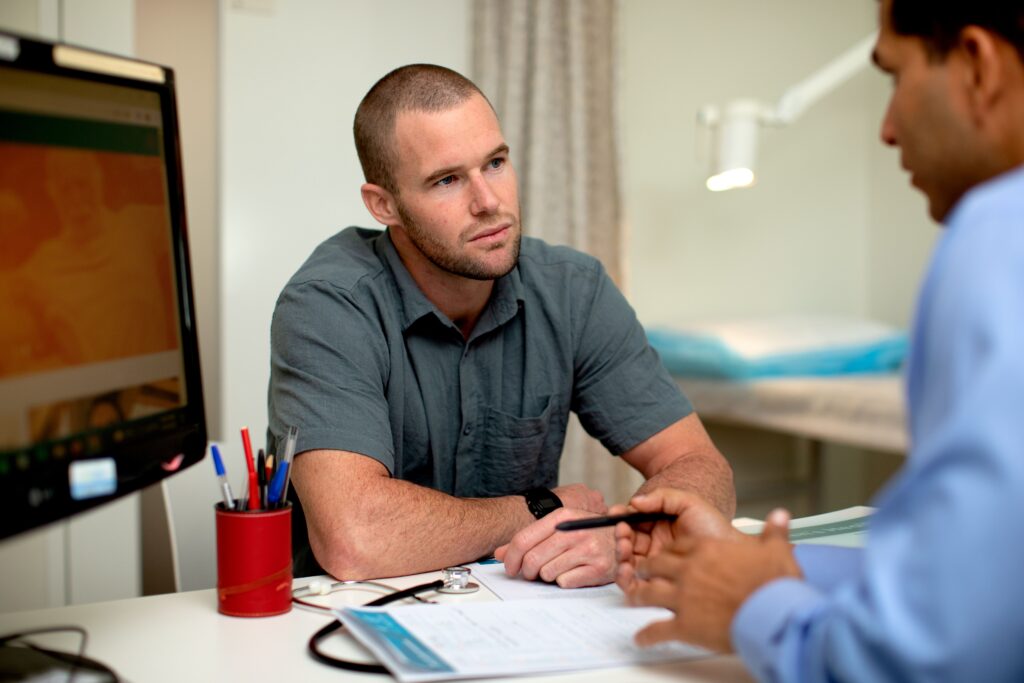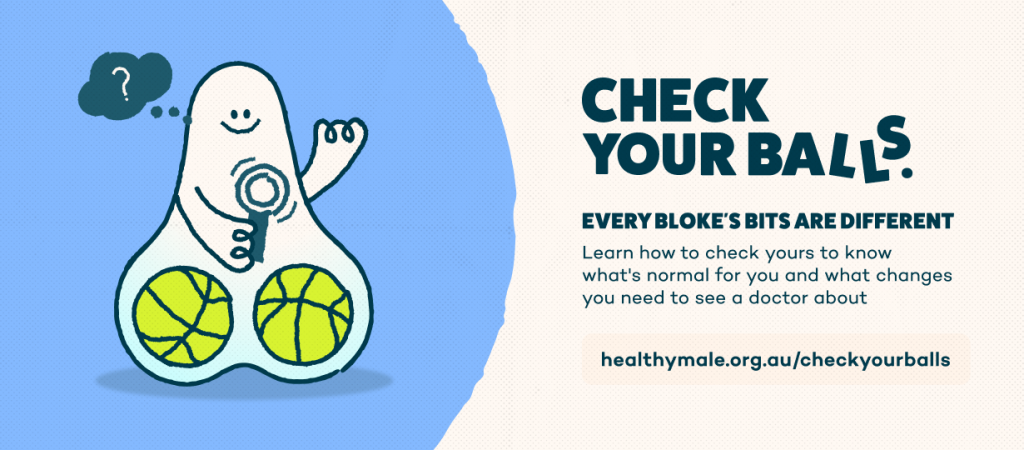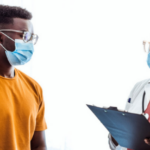Being diagnosed with testicular cancer comes with plenty of anxieties, from prognosis to potential treatments and their side effects. One of the natural concerns many men have is whether the disease, given its location, will impact their ability to conceive a child.
What is testicular cancer?
Testicular cancer, a type of cancer that develops in the testicle(s), is usually curable if it’s caught early. However, testicular cancer and its treatment may make it more difficult to have a baby and, in some instances, natural conception no longer possible. That doesn’t mean you don’t have options when it comes to starting or growing your family.
Your level of fertility will depend on things like your age, fertility status before diagnosis, and the type of treatment you require. It’s important to speak with your doctor about possible effects on your fertility and quality of life before moving forward with your treatment plan, as surgery will have a different impact to chemotherapy or radiation therapy.
Surgery for testicular cancer and the effects on male fertility
Usually, testicular cancer affects only one testicle, which means there’s still one testicle producing testosterone and making sperm. It’s very rare that you’ll need to have both testicles removed and will no longer be able to produce sperm.
If you require surgery to remove one testicle you should still be able to conceive naturally. One testicle can provide enough testosterone to get an erection and ejaculate. It should also provide enough sperm to successfully conceive.
Are men with one testicle less fertile?
While fertility is reduced, many men with one testicle can still father children.
If your cancer has spread, the doctors may need to perform an operation called retroperitoneal lymph node dissection (RPLND). This operation removes lymph nodes from the back of the abdomen that may contain cancer cells. This procedure can be damaging to the nerves that control ejaculation, so there is an increased likelihood of developing a condition called retrograde ejaculation. This is when semen travels into the bladder when you reach orgasm, rather than out through the penis and can hamper your ability to conceive naturally.
If you need to undergo surgery for testicular cancer that involves removal of one or both testicles, you may need to look into storing your sperm in a sperm bank ahead of surgery.
Chemotherapy and radiation therapy and the effects on male fertility
Chemotherapy is the use of certain medications to destroy cancer cells. It usually works by slowing down and eventually stopping the cancer cells from growing. Radiation therapy uses high-energy particles or waves (usually x-rays) to slow down the tumour growth and destroy the cancer cells.
Chemotherapy and radiation therapy may have similar outcomes on your fertility because both treatments can temporarily decrease your sperm production and damage the health of your sperm. It can take over two years for the quantity and quality of your sperm to return to normal and in some instances, infertility can be permanent.
Testicular cancer may reduce your levels of testosterone, and chemotherapy and radiation therapy can further decrease production of testosterone by the testicles. Your doctor will be able to provide testosterone gels, patches, or supplements to treat this issue should it come up.

Does testicular cancer affect your sexual performance?
Your sexual performance won’t always be affected by the cancer and treatment, but the anxiety that comes with the condition may affect your sex drive, body image and mental health. This is common and completely normal. If you’re currently researching different testicular cancer treatments and you’re hoping to start or grow your family, it’s extremely important to speak with your doctor about the possible side effects of treatment, so you know what to expect after treatment.
It’s also important to know that testicular cancer doesn’t mean that you will definitely face infertility, it just increases the chances, especially in more aggressive forms of cancer. Sometimes, treatment means that you won’t be able to have kids for a few years.
Testicular cancer and fertility preservation
Depending on your circumstances, a baby might be the last thing on your mind when you get diagnosed, but you should consider storing your sperm so it’s still an option for you following treatment.
Being diagnosed with testicular cancer and deciding on a treatment plan with your doctor can be a very scary experience. The best thing you can do right now look after yourself in the present but also explore your options for the future.
If you’re feeling confused or lost right now, there are other health professionals you can speak to who offer guidance and support, like psychologists, fertility specialists and genetic counsellors. Your partner, friends and family can also be sources of on-going support. Learn more about how cancer may affect your fertility here.















